New In Chess has published the book ‘Chess For Educators’. The author is psychologist and chess teacher Karel van Delft from The Netherlands. Please, check https://www.newinchess.com/chess-for-educators for sample pages.
The book is about didactics, organizing chess activities, the role of parents, special needs groups, and scientific research on the benefits of chess education. Not only research results but also methods. Also, it contains an alphabet with more than 300 psychological and didactic items described in small articles.
Discussed with special needs groups and specific didactic methods are blind, autistic, highly gifted, deaf, Syndrome of Down, ADHD, social deprived, depressed, hospitalized, and dyslectic.
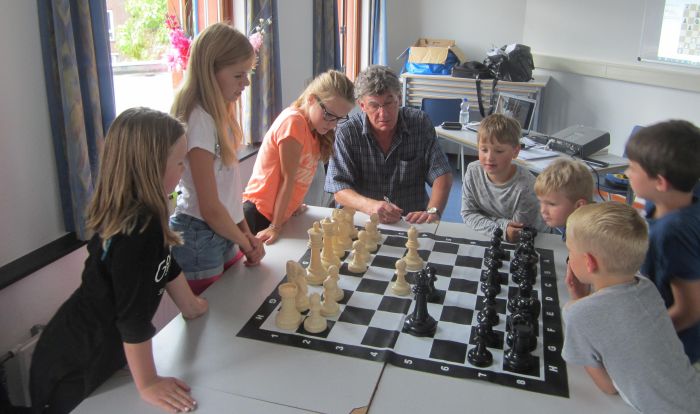
Playing chess is just like life: you have to make plans, take decisions, be creative, deal with challenges, handle disappointments, interact with others and evaluate your actions.
Chess is a metaphor for life and an excellent tool for developing life skills and personal development: social, emotional, cognitive, and meta-cognitive. How to do this? That’s about didactic, as described in the book. Especially for special needs groups, chess can be, if properly taught, a great weapon of empowerment. This means insight and grip on yourself and the environment.
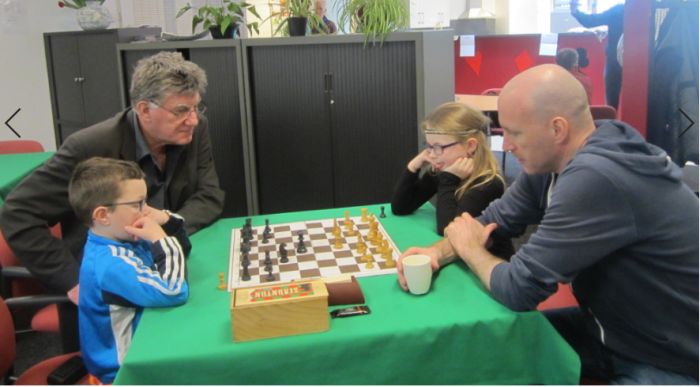
Karel van Delft with grandchildren Hidde and Lois Weller and his son IM Merijn van Delft, who is author of the book Mastering Positional Sacrifices. Together they wrote the book Developing Chess Talent.
The book goes with a lengthy literature list, for which is referred to the site www.chesstalent.com.
Karel van Delft considers chess a playground for the brain. Children enjoy playing it, and it poses fascinating challenges to their brains. But the game also widens their horizon. Chess teaches us life lessons. For example, that you can solve one problem with another. At the chessboard, you always have to look first at what your opponent can do, which is just like in traffic – if you don’t look what others are doing, accidents may happen.
Variety, fascination, and participation (being actively involved in a learning process) are cornerstones of the learning process. The key to the activities is that pleasure and learning are the main things while winning is a derivative.
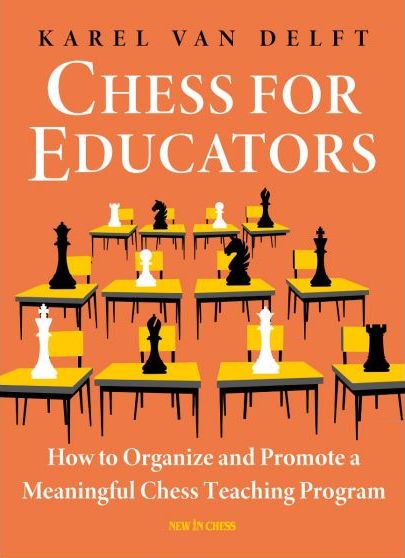
The book discusses quantitative and qualitative research as well as the benefits of chess.
A lot of scientific research has been done on the question of which effects chess education can have. It may be that this question is wrongly formulated. A better question seems to be: which combination of which chess-teaching methods and which form of didactic coaching can lead to optimal learning effects for specific target groups, and in which circumstances? In other words, it’s all about combinations, in the same way, that the combination of hydrogen and oxygen produces water.
Learn via playing is a very effective way to go. During a chess lesson, you are going out on an adventure. It’s a marvelous and an exciting voyage of discovery. On the one hand, you let yourself be surprised: ‘in search of the unexpected’. On the other hand, you are thinking systematically: Chess thinking is based on pattern recognition, reasoning with the help of rules-of-thumb and calculation (‘if this, then that’). The ‘seventeenth chess piece’ (Lasker) plays a role. That seventeenth piece is you, with your personality, mindset, emotions, willpower, and way of thinking.
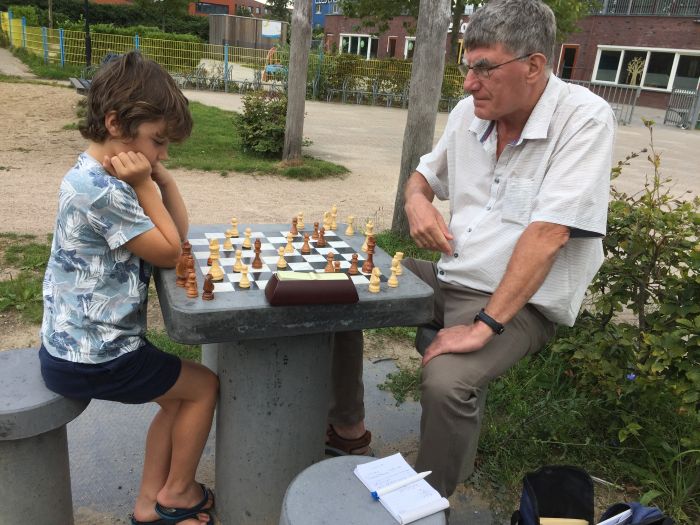
Teaching chess in primary schools can be simple: you explain a few things to children and play a game. But it’s possible to do more.
Karel van Delft
Karel runs Schaakacademie Apeldoorn (Chess Academy Apeldoorn).
His sites are www.schaakacademieapeldoorn.nl, and about chess and autism see his site http://schaken-en-autisme.nl/english-spanish-italian-danish
The pictures were published with the permission of Karel van Delft.
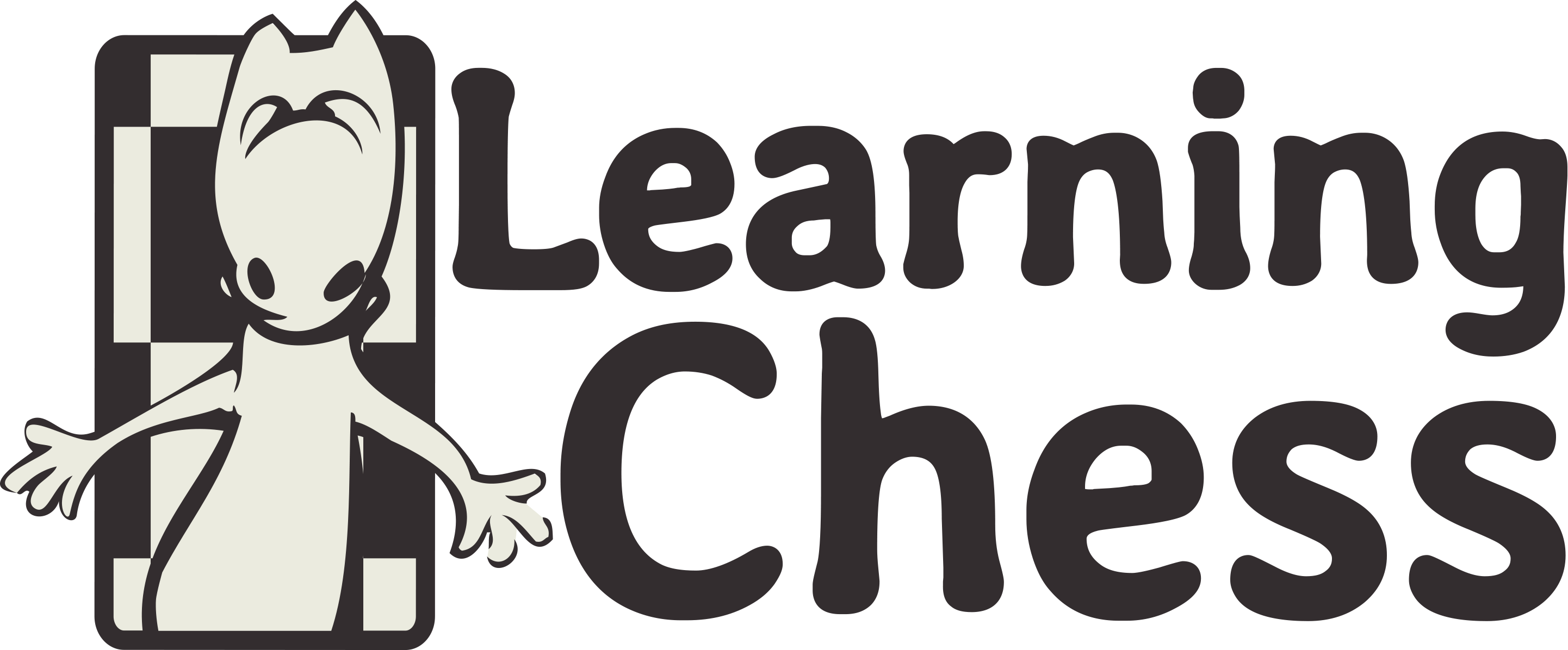

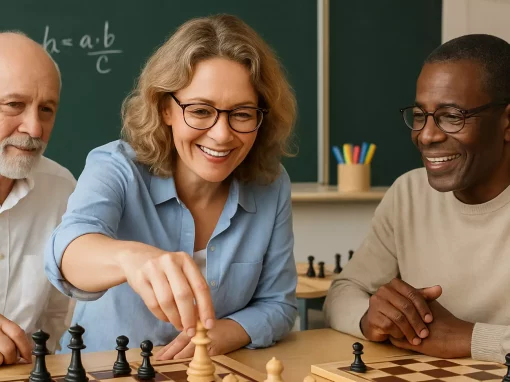
Heather Willson
June 21, 2021 at 3:27 pm
Question: is the book specifically about teaching chess to children? or is it more generally about teaching chess to everyone and anyone – ie. adults, beginners? advanced? male female … etc etc.
JohnnyP
June 22, 2021 at 8:37 am
Hi Heather, I forwarded your question to the author. He will contact you. Janka